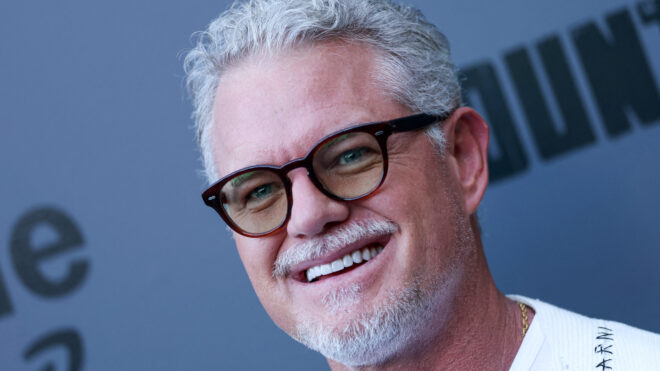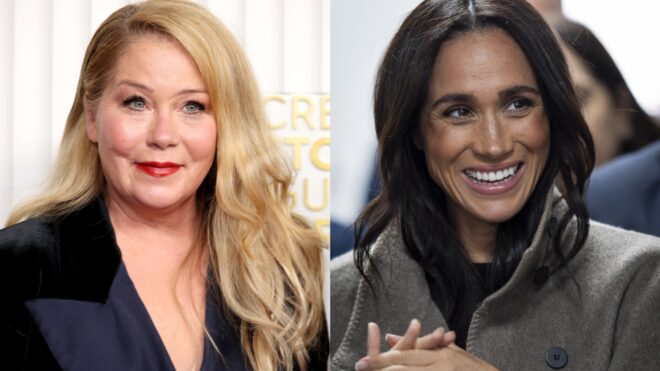
The royal succession line has basically been planned out for the next dozen decades already, with every member of the royal family landing somewhere on the list. However, being royal doesn't automatically mean that person can one day take the throne if enough people higher up die. There are several rules that those in succession must adhere to and several things that could disqualify a royal from the throne. Because there is an off chance that some people may not fit all the requirements, that's why the succession list exists in the first place. That way, if someone is disqualified, we know exactly who comes next.
Imagine the chaos there would have been when King Edward VIII abdicated in 1936 if there hadn't been plans for who the monarchy would then go to. In this case, the next one in the line of succession was his brother, George VI, Queen Elizabeth's father.
When she was growing up as a young princess, Elizabeth never expected that she would one day be the reigning monarch, because it was expected that Edward's children and grandchildren would carry the succession line far away from her. But Edward upended everything when he abdicated, because he had no child to be the heir. The title passed to his brother, George. The Queen's father died when she was very young, and she wound up taking over as the UK's ruler when she was just 27.
She's been in power ever since, but one day, her crown will pass to the next in line. Right now that's her son Prince Charles, but only if he sticks to all these rules.
Can't Be Catholic
The US long ago got over the apparent stigma of having a Catholic president with John F. Kennedy, but the UK will never be ruled by a Catholic because that's against succession rules. If Prince Charles decided tomorrow to convert to Catholicism, he would be disqualified from taking over for the Queen when she steps down or dies.
... Or Have Ever Been Catholic
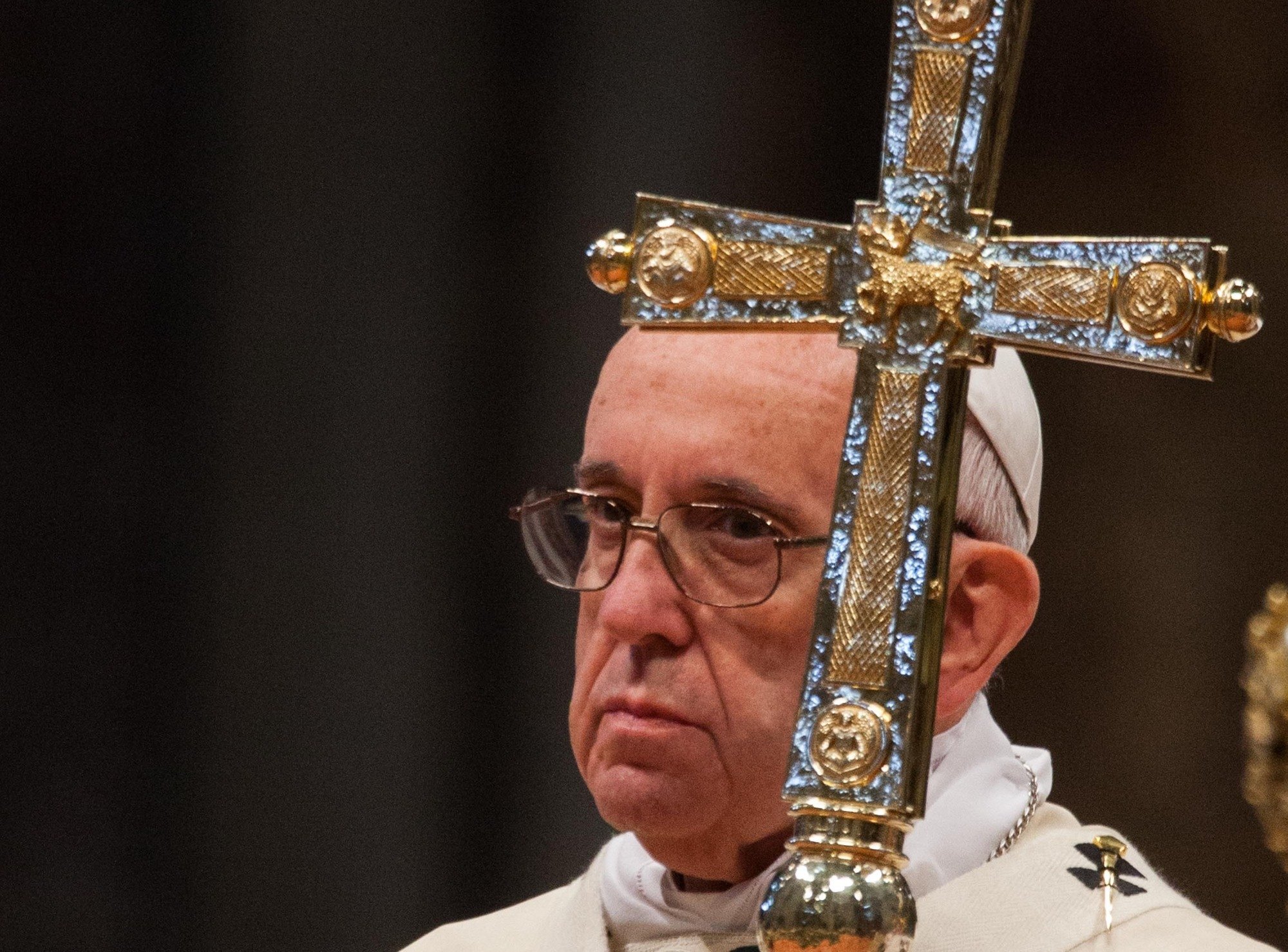
Even if someone in the succession line was once Catholic but then converts away from that religion, they still wouldn't qualify for the crown. As British politician Jacob Rees-Mogg explained it, "If at any moment in their whole life they were in communion with Rome [like Roman Catholics are], they are excluded from the throne."
This Rule Has Been Used Before

Princess Alexandra of Hanover is 12th in line for the throne in Monaco, but she was also at one point distantly in line for the British throne. That all changed in 2018, when Princess Alexandra converted to Catholicism. It's unlikely the succession would have ever reached her anyway, but her removal from the line was a very official matter. They take that no-Catholics rule seriously.
Not Open to Any Other Religions
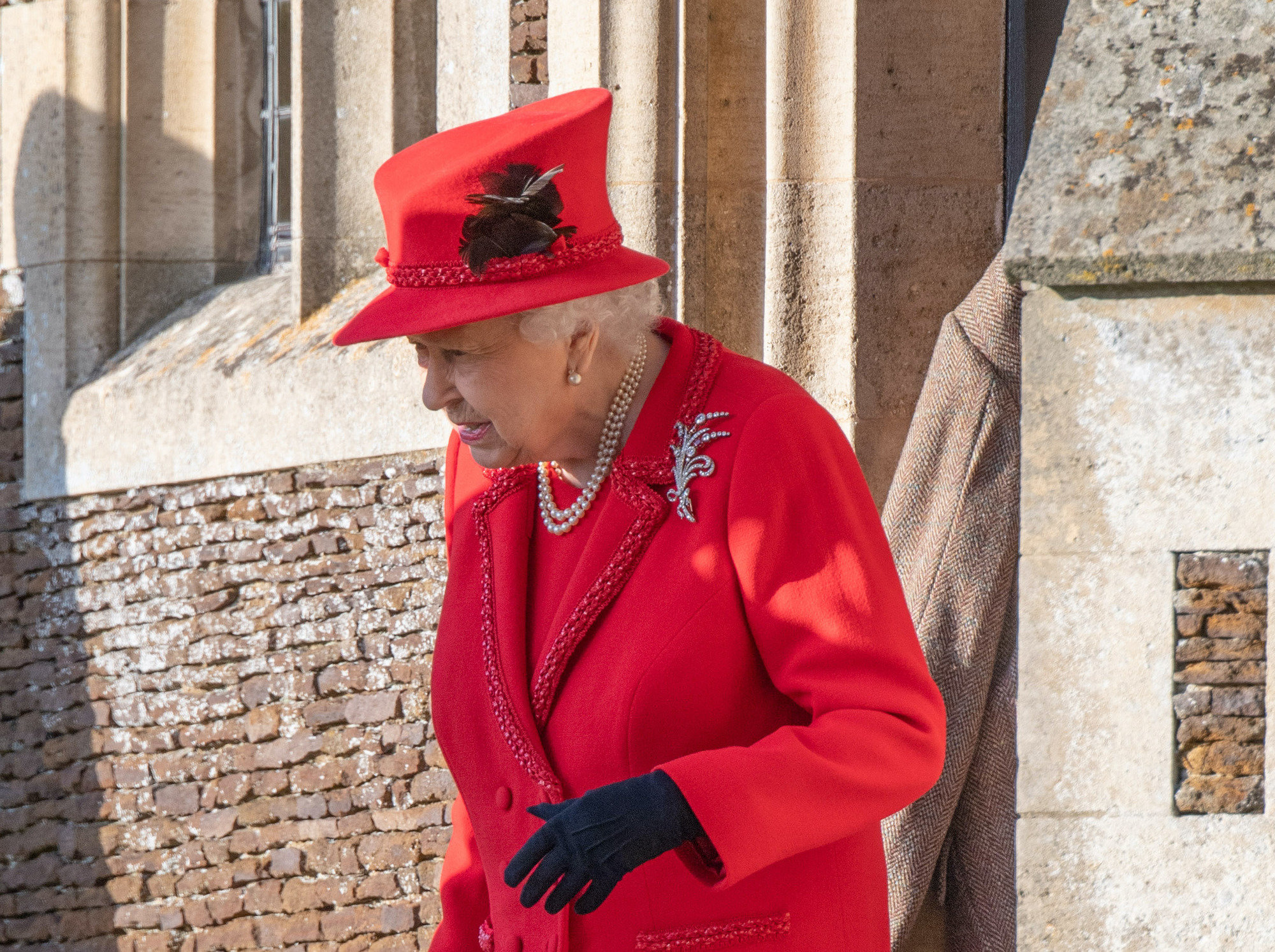
Although Roman Catholics are a no-go, the monarch's spot isn't really open to any other religions, either. According to the "succession" page on the royal family's website, those hoping to take over the throne must belong to the Church of England and promise to keep the Protestant succession line going. There's no separation of church and state for the royal family.
Marrying a Catholic
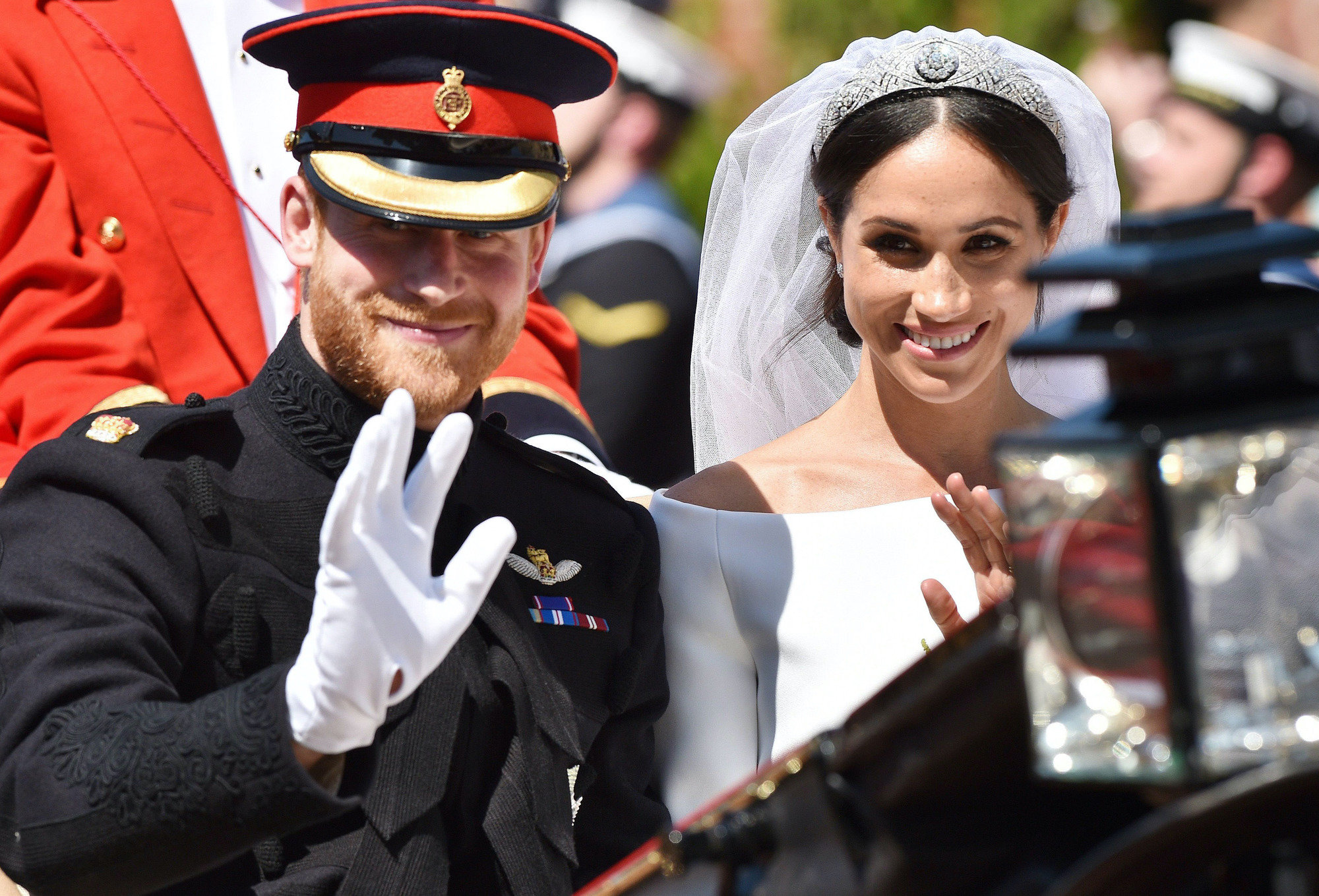
The rules about Catholics in the royal family have lessened over the years. According to the BBC, in 2013, a change to the wording allowed for royals to marry Catholics and still retain their succession line. For example, if Meghan Markle had been Catholic, Harry would have been permitted to marry her and stay sixth in line for the throne. In this hypothetical scenario, Meghan's Catholicism also wouldn't have harmed baby Archie's spot on the list unless …
No Baptizing Royal Babies as Catholics
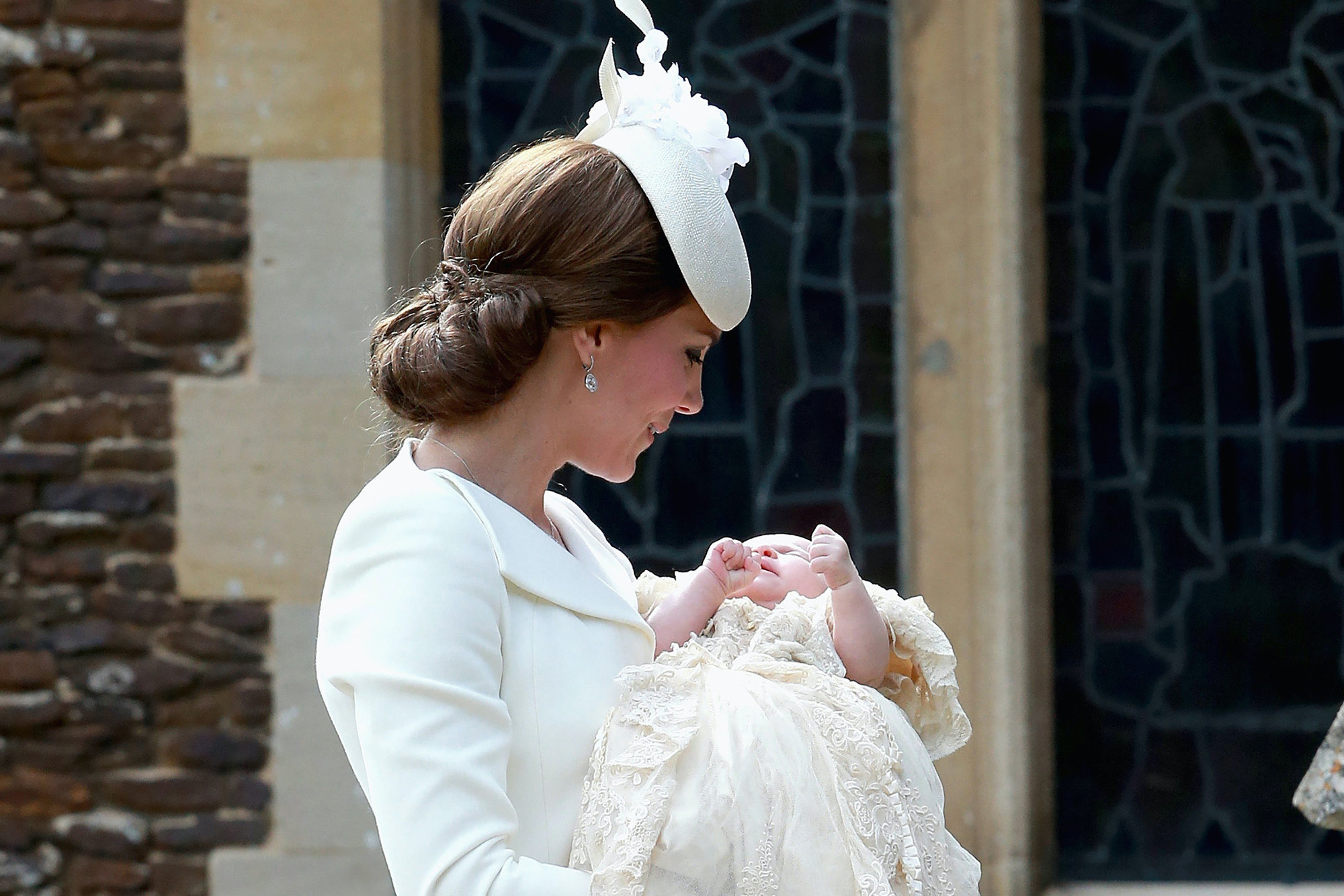
If royal children are baptized as Catholic by their parents, they lose out on their chance to rule — even though they were too young to make that decision themselves. Don't worry, none of William or Harry's kids are in that position. They were all christened into the Church of England a handful of months after they were born.
Male Heirs Can Skip Ladies
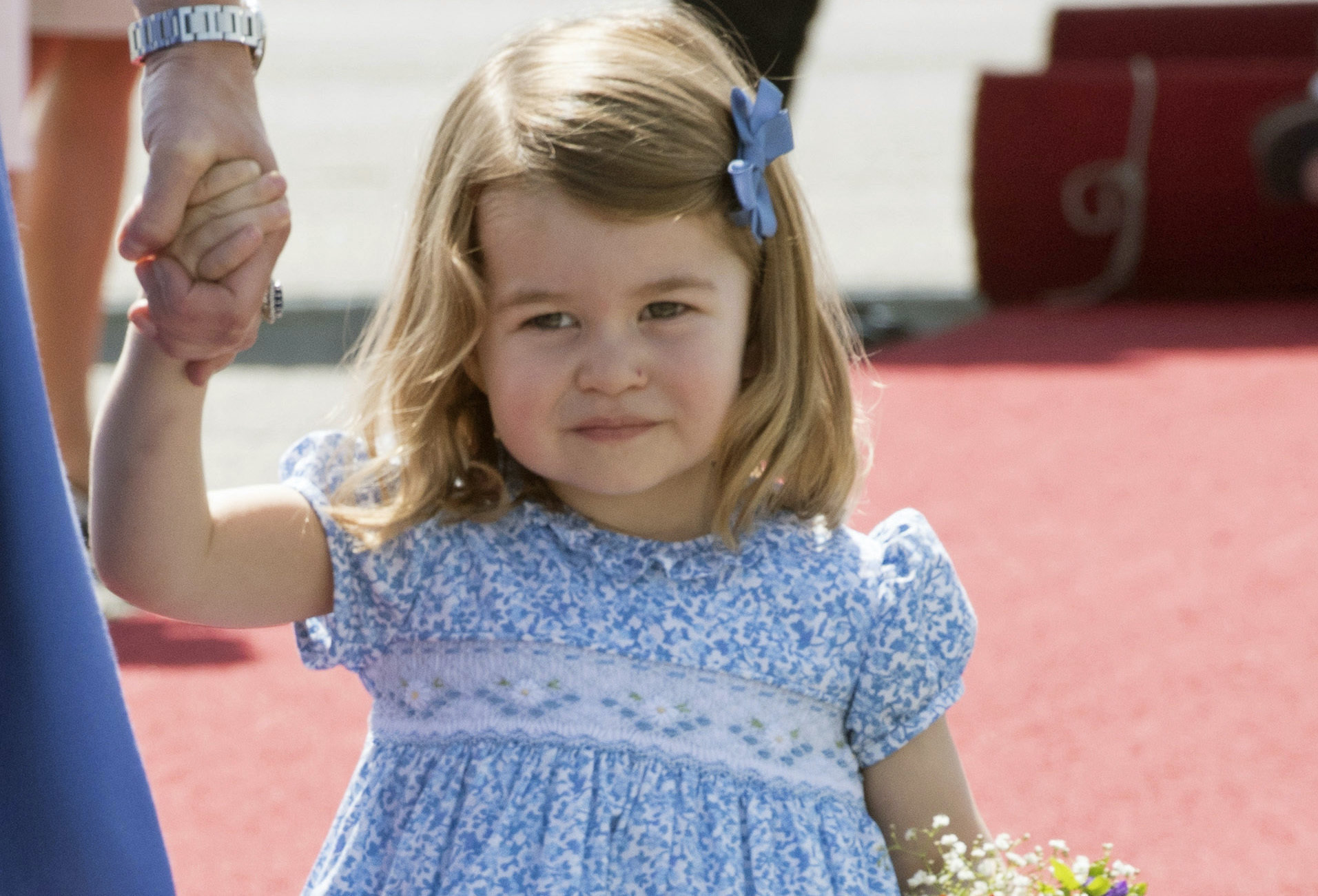
Not all of the rules for becoming the next reigning monarch have to do with religion. There used to be a rule that allowed male heirs to skip over their sisters in the succession line. That law was changed in 2013, and that's why Princess Charlotte gets to stay ahead of Prince Louis in the succession line.
Divorce Also Used To Be Bad
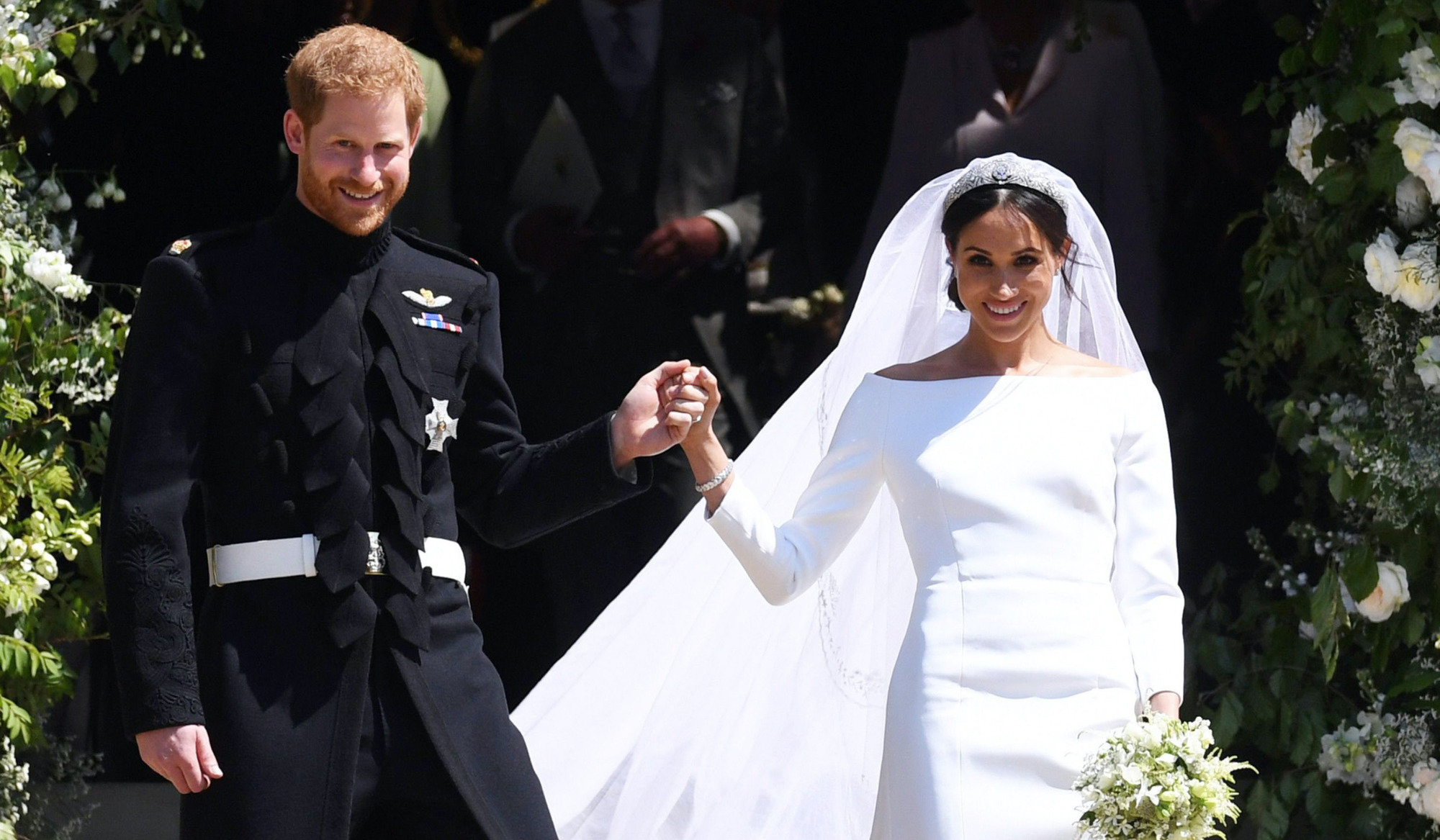
There's a reason that King Edward VIII abdicated the throne when he decided he wanted to marry an American divorcée. The Church of England frowned on remarrying after divorce, and Edward VIII could not both be the head of the Church of England as King and blatantly flout its rules. The regulations around that later relaxed, which allowed Harry to marry Meghan.
Spare to the Heir Has Slim Chances
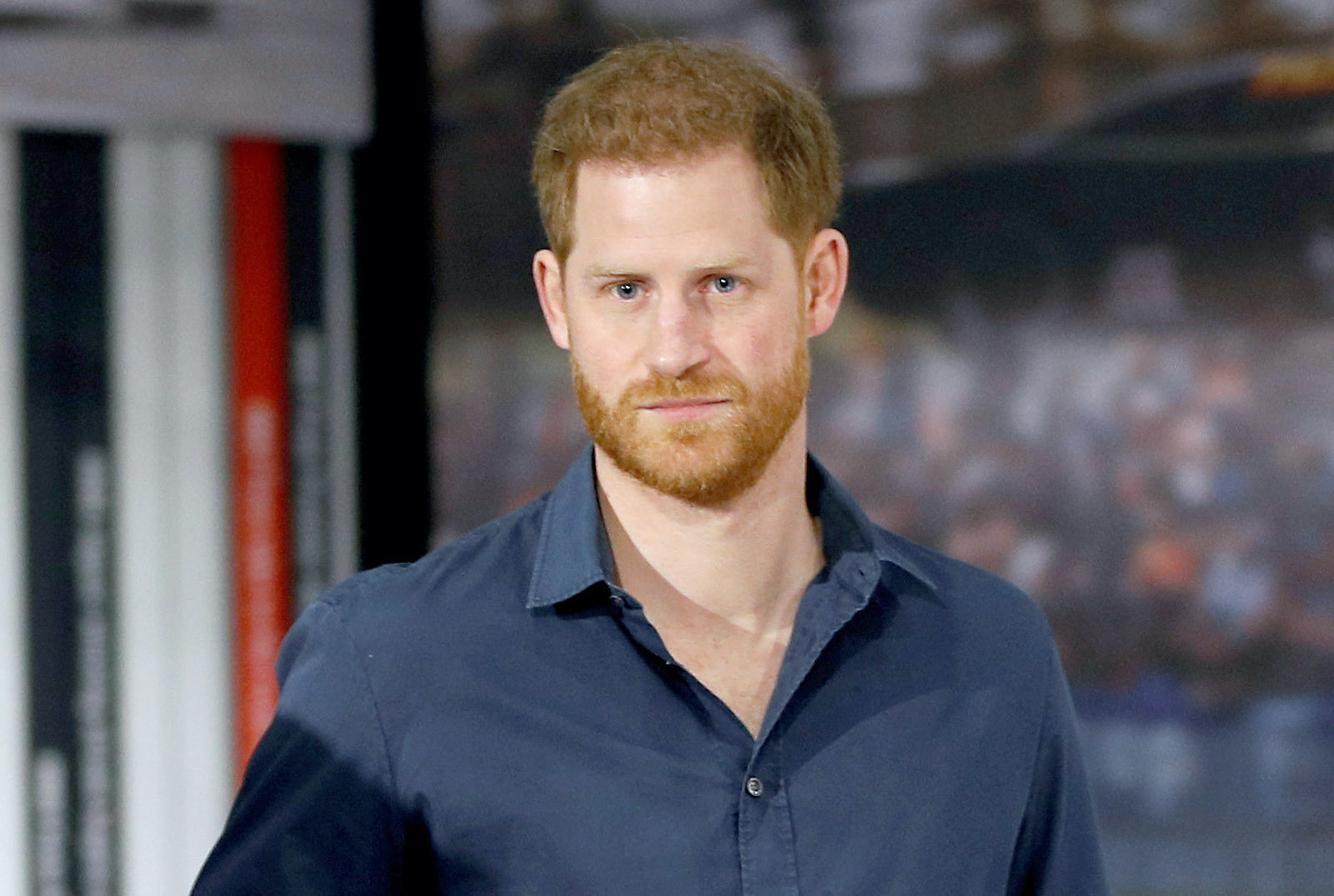
Once upon a time, Prince Harry had a real shot at the throne. He was third in line after his father and older brother. But now that William has had three children, Harry's been kicked to sixth — and any children Prince George eventually may have will push Harry even further down the list. Basically, the spare to the heir doesn't ever have a real chance of ruling.
Parliament Regulates the Succession Order
Technically, the throne passes through the royal family's bloodline uninterrupted, but Britain's Parliament could technically throw a wrench in things if it wanted to. According to the Royal Family's website, "The succession to the throne can be regulated by Parliament, and that a Sovereign can be deprived of his/her title through misgovernment." If Prince Charles does a really bad job, for example, Parliament could step in and force him to pass the crown to William.
Must Be a Descendant of Princess Sophia
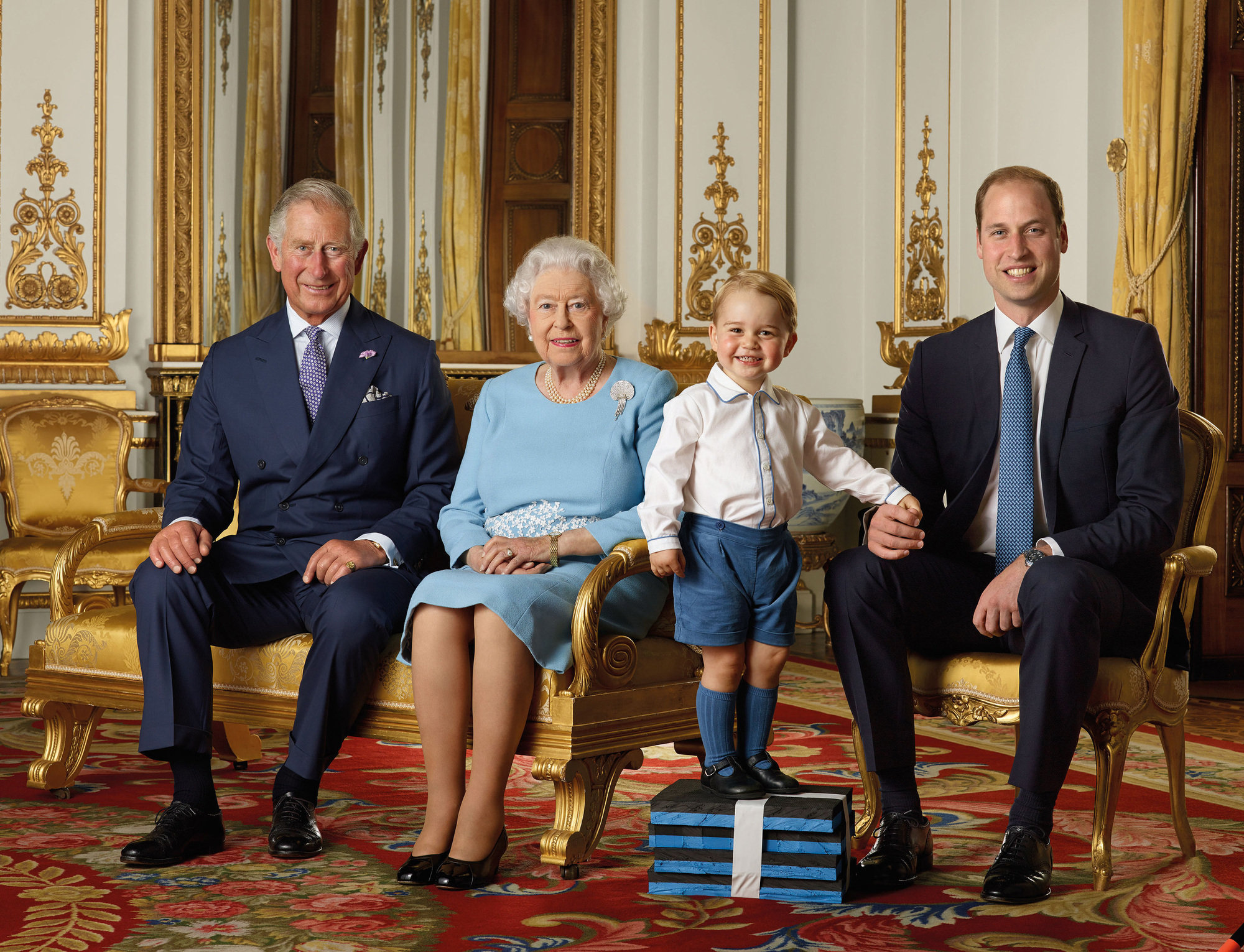
Another rule on the Royal Family website for succession is that the hopeful monarch must be a direct descendant of Princess Sophia. Born in 1630, her bloodline has ruled the UK ever since. This rule would really only come into play if someone on the line of succession was suddenly revealed to have different parents — such as the (false and refuted) theory that Prince Harry isn't Charles' real son.
The Queen's Approval for Marriage
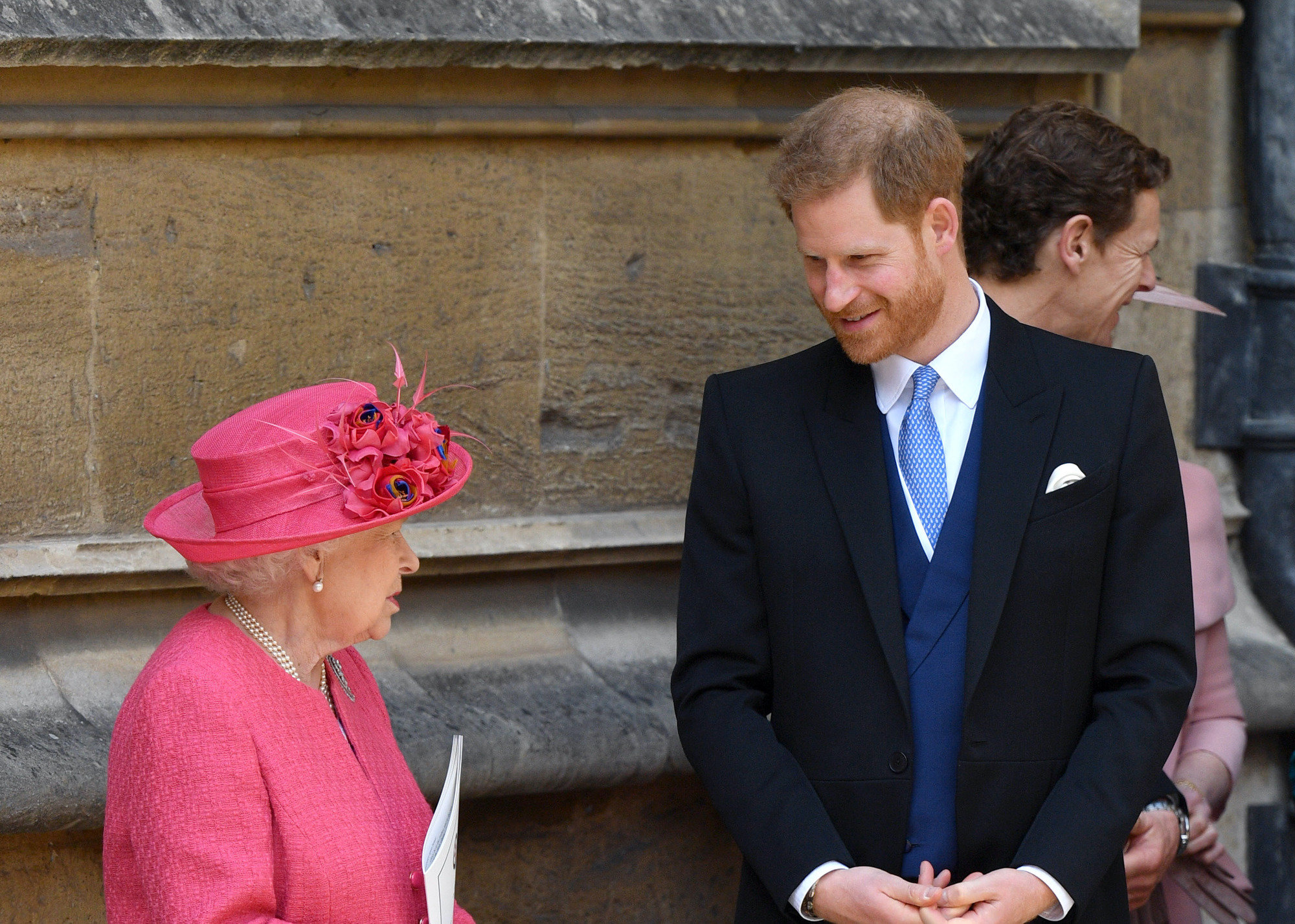
The Royal Marriages Act 1772 was mostly repealed in 2013, but one important law remains: The first six people in the succession line need the reigning monarch's permission to marry. If for some reason permission is denied but the couple chooses to get married anyway, they forfeit their right to rule. The Queen did once refuse permission to her own sister Princess Margaret — because she had wanted to marry a divorcé — but the Queen has chilled out a lot since then. She allowed both Charles and Harry to marry previously divorced women.
The Royal Must Want To Ascend to the Throne
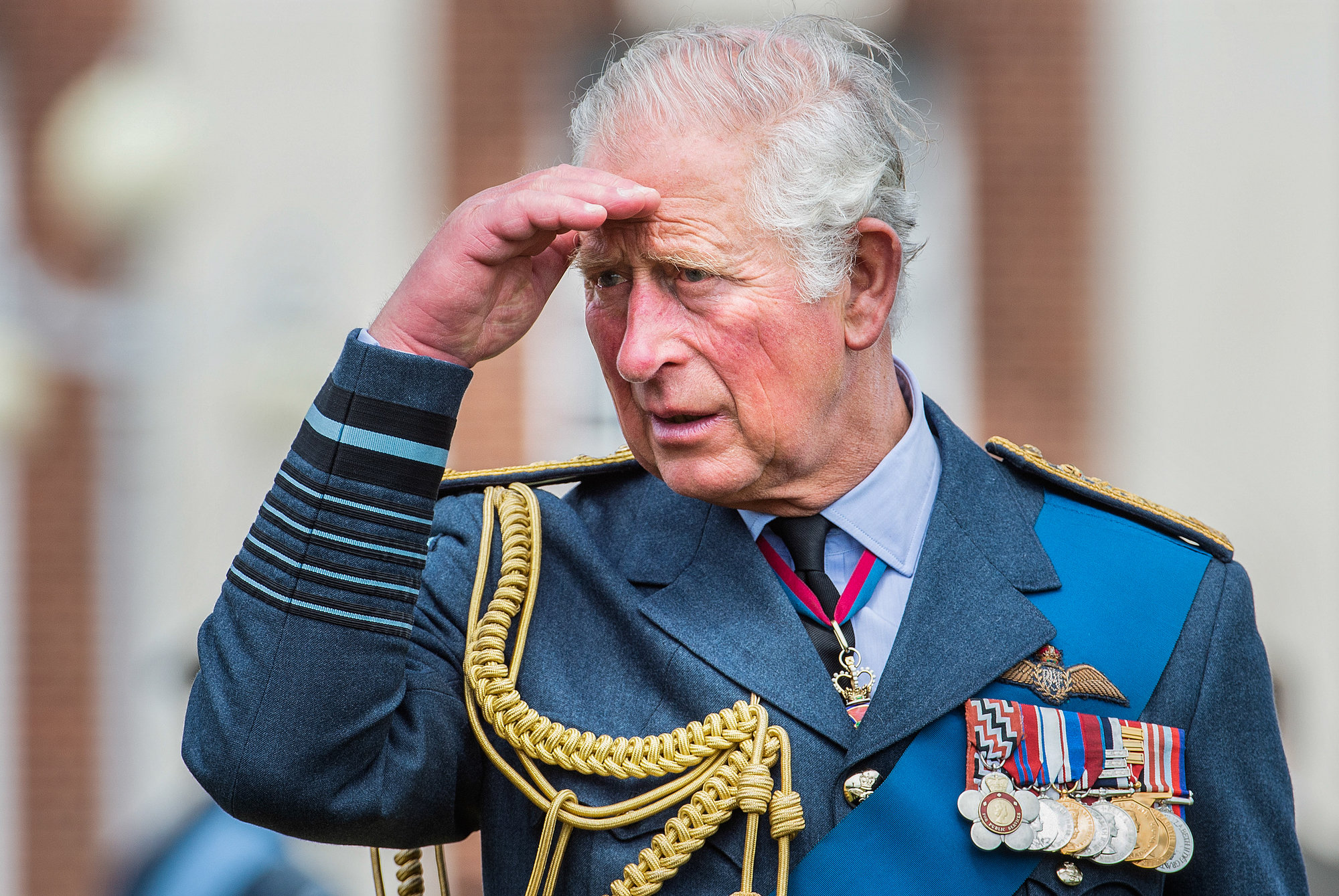
They may be born into royalty, but the royals still have free will. If Prince Charles didn't want to take over for his mother when she dies or steps down, he wouldn't have to. He would maybe need to briefly accept the role before abdicating and passing things onto William, but no one can force someone to rule a country if they don't really want to.
Abolishing the Monarchy
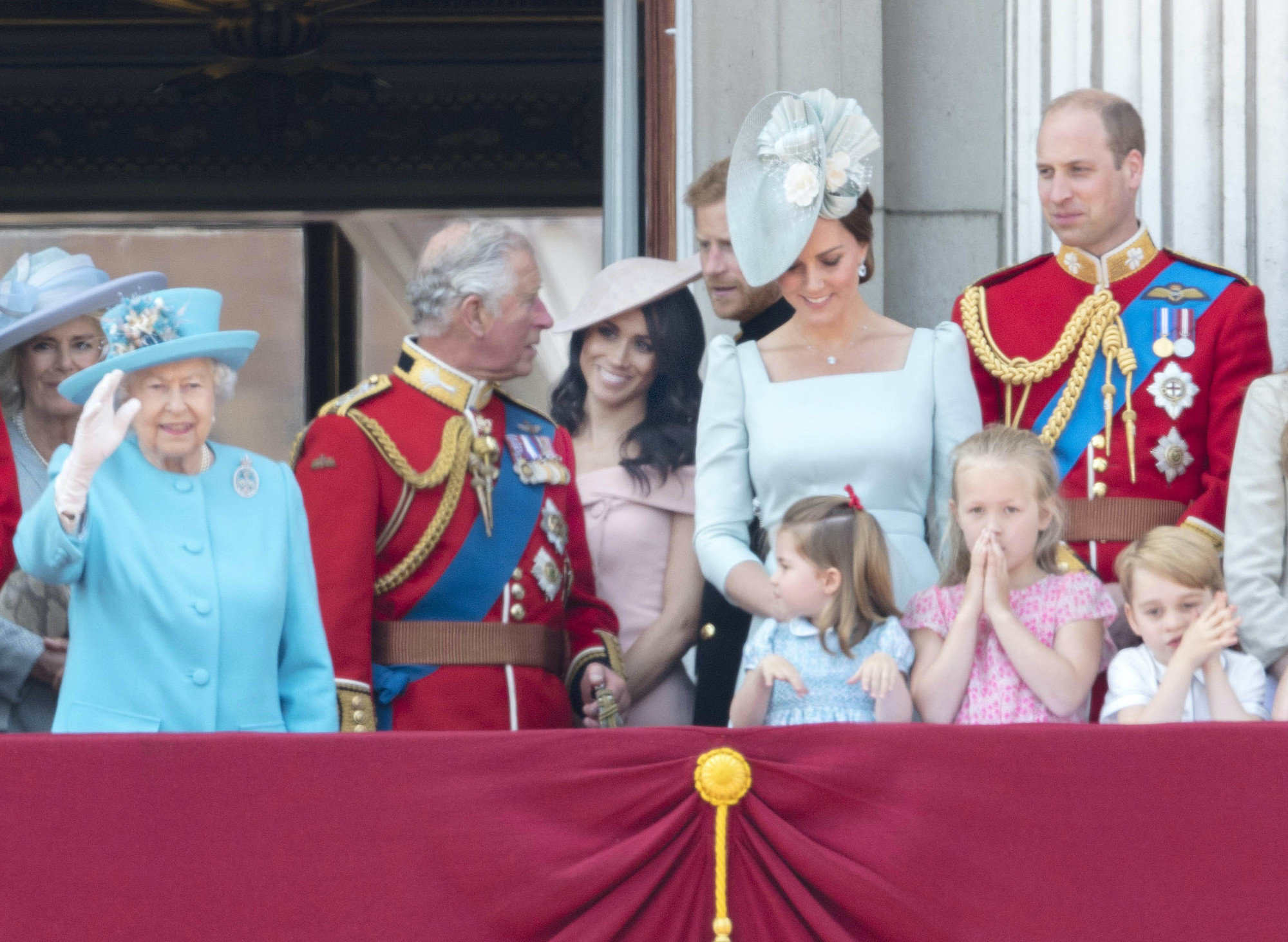
One way to disqualify a royal from taking the throne is to abolish the monarchy entirely. There are always going to be some taxpayers who don't like that their money funds the royal family and want to disband the whole thing. But right now, those people aren't in the majority. In 2018, YouGov revealed that 69% of British people like the monarchy and want to keep it.
Spoiler: None of These Rules Really Affect Who's Next
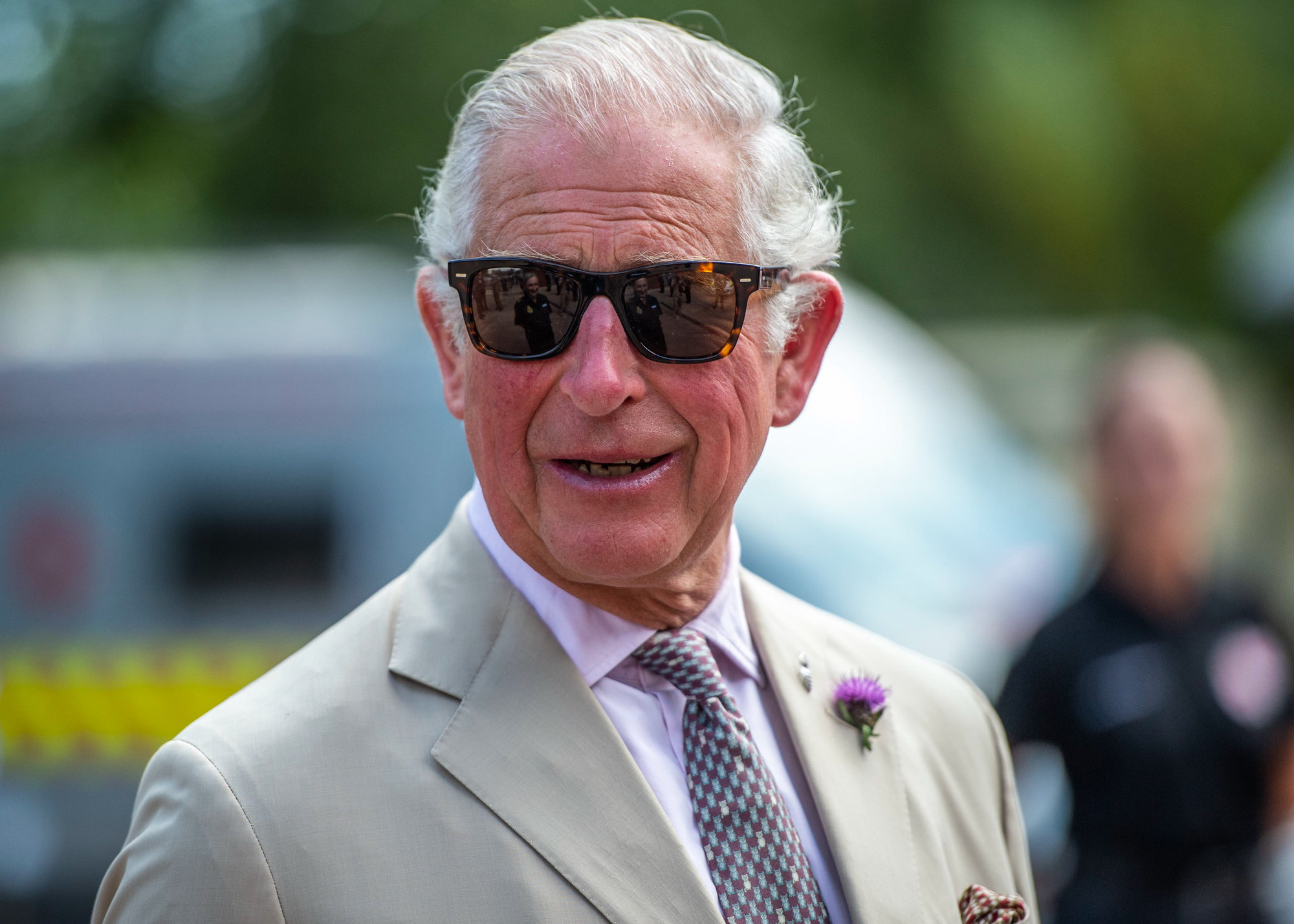
Prince Charles isn't Catholic, his marriage was approved by the Queen, he's a descendant of Princess Sophia, etc. There's nothing stopping him from taking over the monarchy when his mother passes it onto him, and there's nothing stopping William or George either. The only person we could really see deciding he didn't want to rule would be Prince Harry, and he's far enough away from the direct succession that he's safe. But if he really wanted to ensure things stayed that way, he could always convert to Catholicism.


